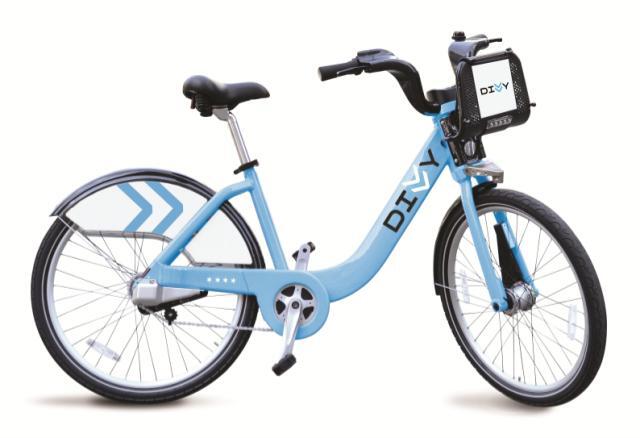Chicago's Divvy bike sharing program may be coming to Evanston -- if aldermen approve a grant application tonight.
The aldermen are scheduled to approve a request for federal transportation alternatives program funding to the Chicago Metropolitan Agency for Planning.
The proposed project would cost $472,500. The grant, if awarded, would cover 80 percent of the cost, with the city picking up the rest.
It would establish seven bicycle share stations at Evanston locations yet to be determined that would each have 10 three-speed bicycles.
Oak Park and the City of Chicago are also applying for grant funds under the program. Chicago would use its grant funds to extend its network -- which as now planned extends only as far north as the Loyola University campus in Rogers Park and to Chicago's near west side -- to connect to the proposed systems in Oak Park and Evanston.
A staff memo on the project says Northwestern University has indicated an interest in partnering to bring the bike sharing system to town and that staff plans to contact the city's other large employers to ask them to share in the program's capital and operating expenses.
Annual operating costs for the Evanston system are estimated at $168,000.
User fees for bike share systems and advertising revenue from the stations cover from 50 percent to 120 percent of operating systems in other communities that have them, the staff memo says, with systems the size of the one proposed for Evanston generally recovering 70 percent to 80 percent of their costs.
Chicago's system is operated by Alta BikeShare, and the staff memo suggests that Evanston could either negotiate a separate contract with Alta, or piggy-back on Chicago's agreement.
Based on a preliminary map included with the proposal, bike share stations would most likely be located at Metra and CTA stations, on the NU campus and at the lakefront.
The City Council is also scheduled to vote on two other transportation-related grant applications tonight.
One seeks federal funding through the state transportation department for a $1.86 million project to create a new bike path along Sheridan Road -- largely on the parkway fronting the NU campus. The grant could cover up to 80 percent of the cost.
The other application seeks up to $200,000 from a state Department of Natural Resources program to renovate the Church Street boat ramp. That project is expected to cost $550,000 with the rest of the money coming from city capital improvement program funds.
